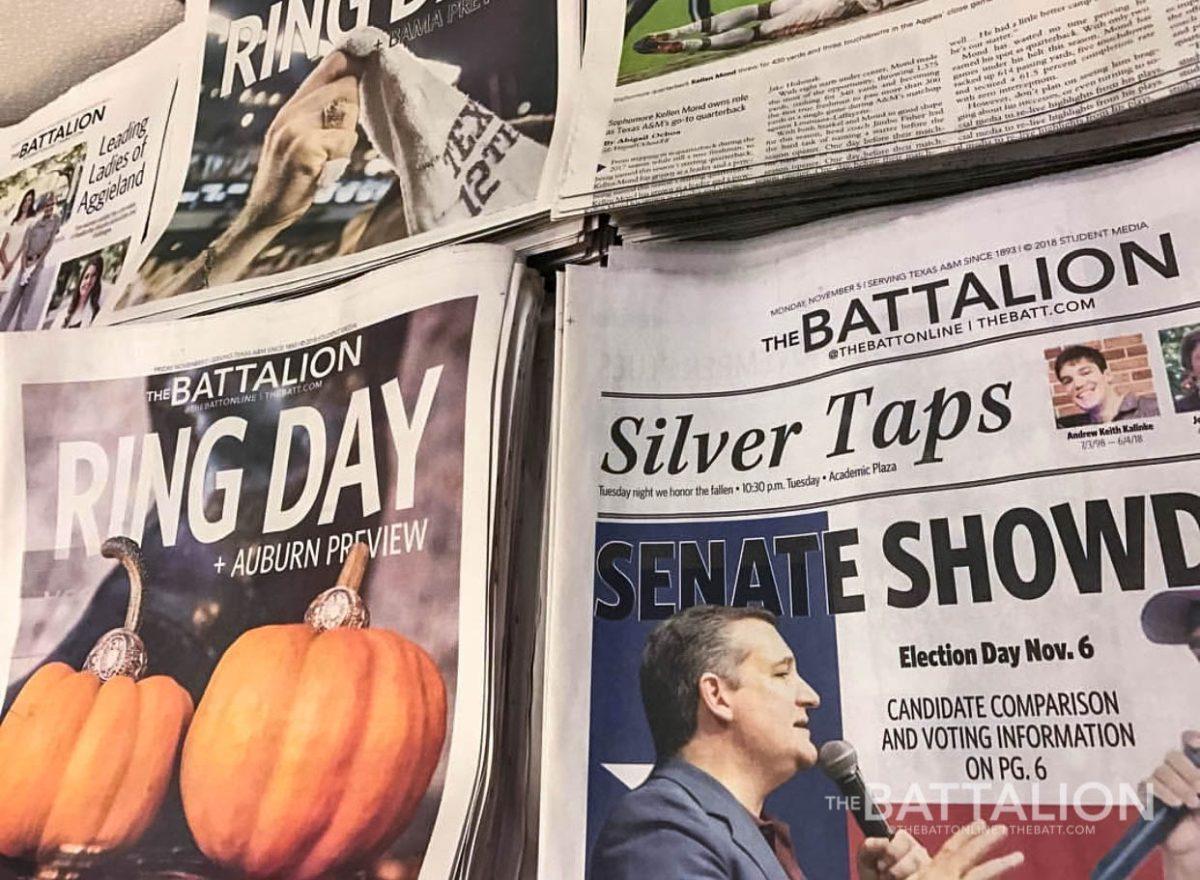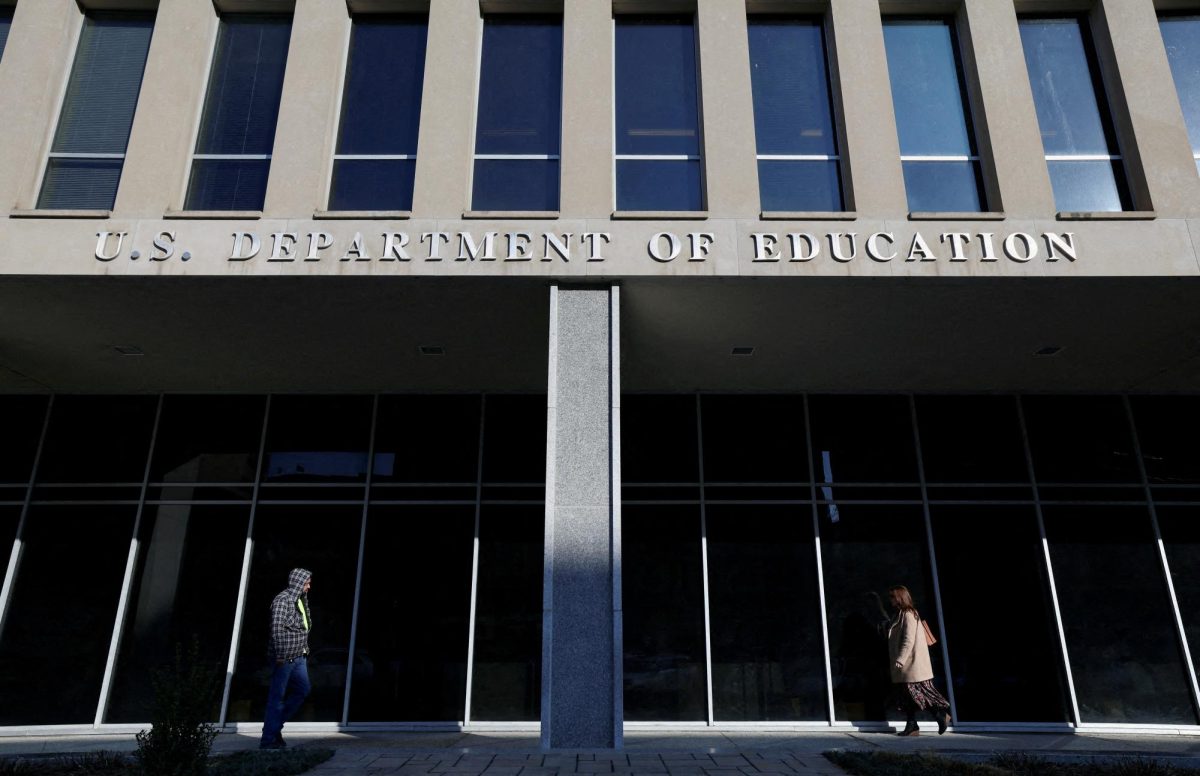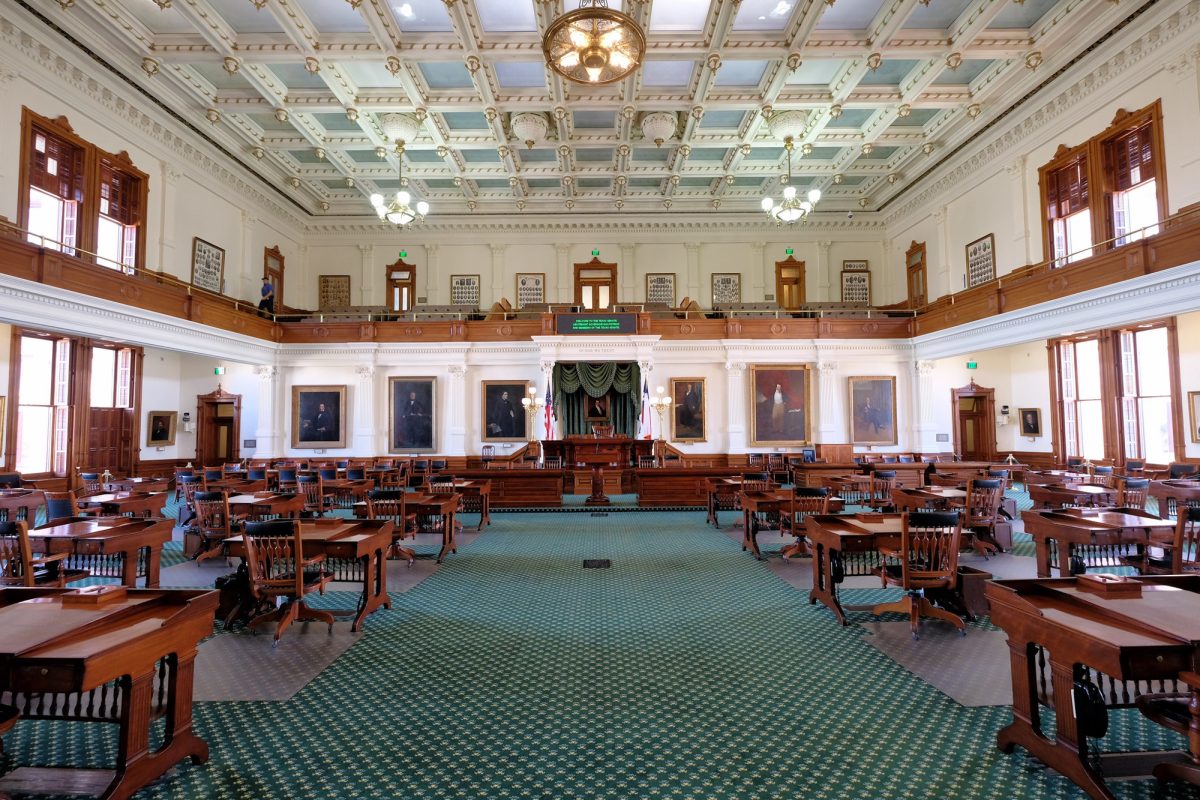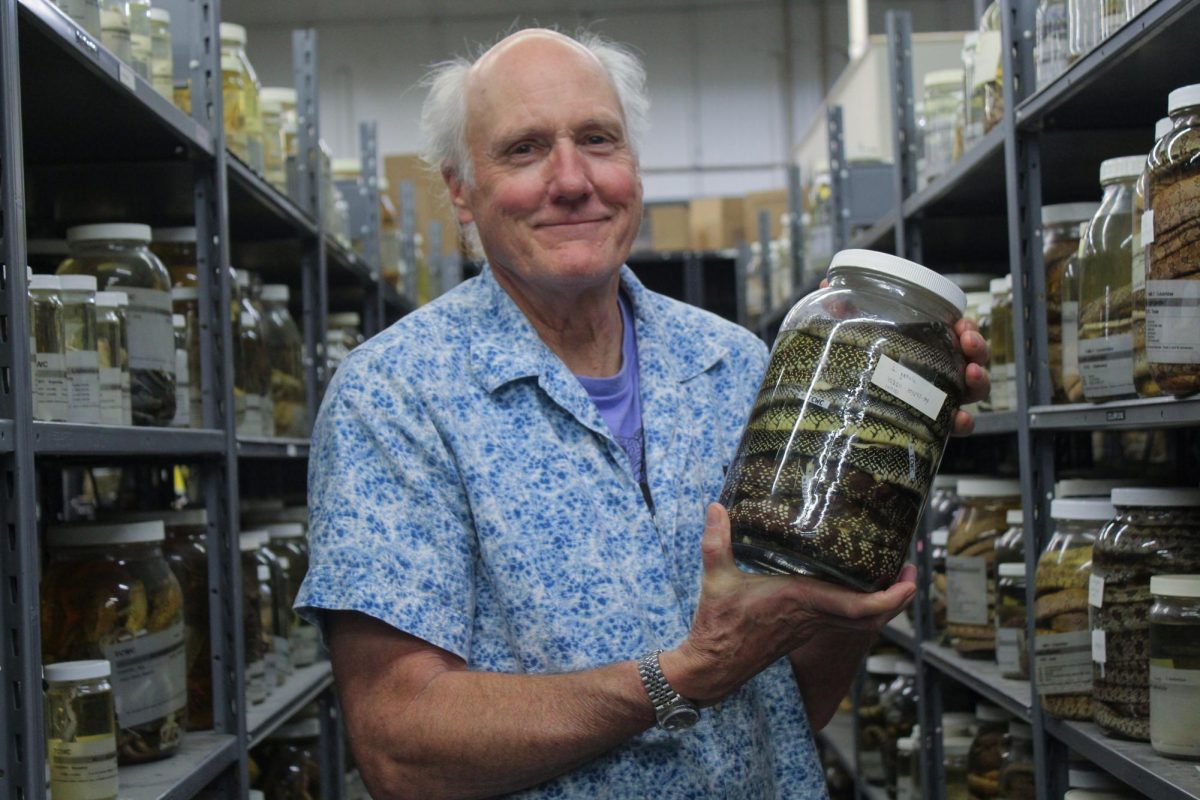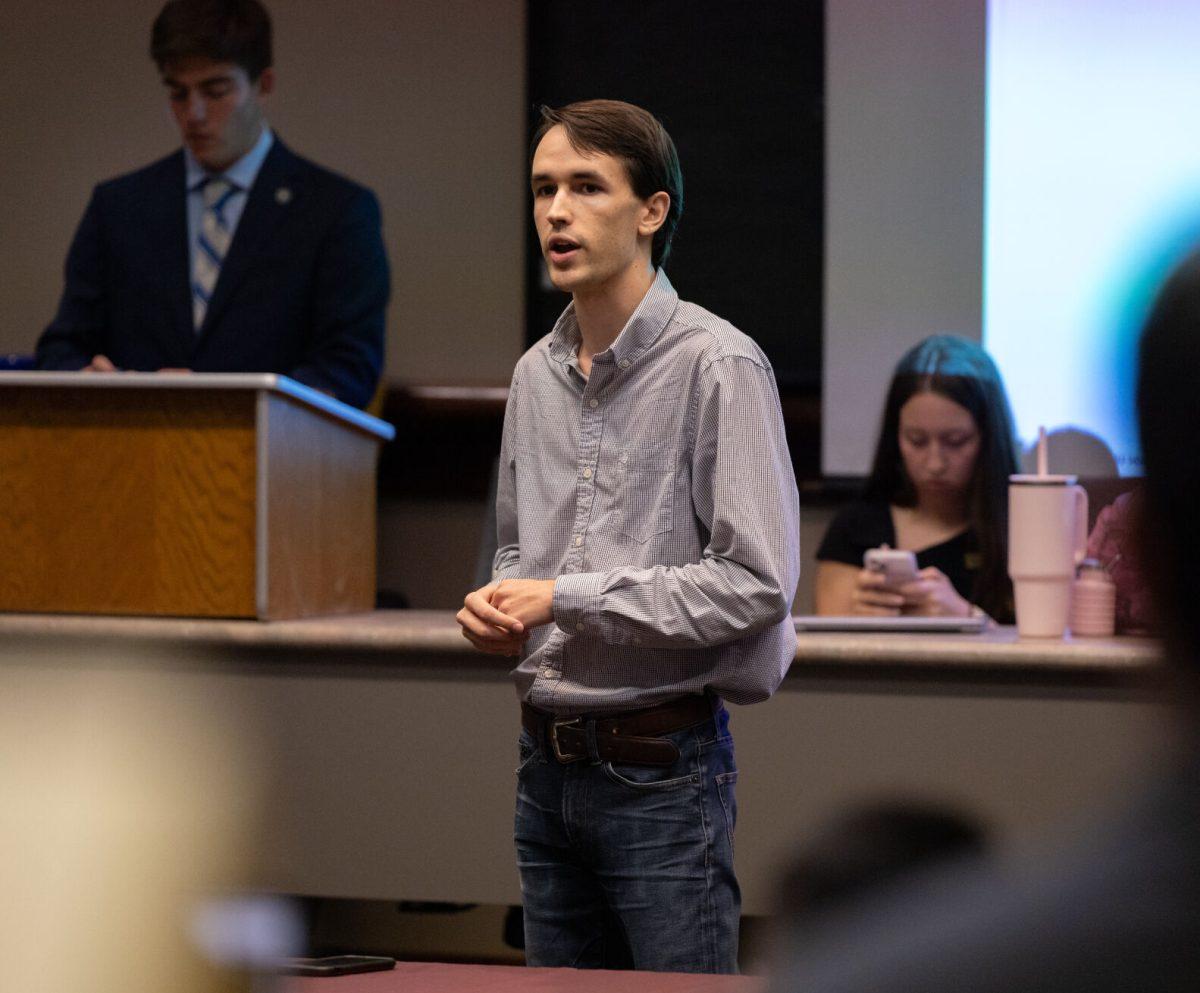After the original announcement from Texas A&M University President M. Katherine Banks that The Battalion’s future of print is done, the fate of the newspaper’s overall revenue is at risk. If The Battalion does not print, then several sources of revenue could be greatly affected, including advertisement funding, external donations and collaborations with other student newspapers.
Advertisement funding
The organization is financially funded primarily through its print and online advertisements as well as donations from supporting organizations and alumni, according to staff adviser Douglas Pils, Class of 1992.
With $59,048 coming from print advertisements alone in fall 2021, Pils said the organization makes more than half of its revenue by selling advertisements for its weekly print editions. Just in the fall semester, the online ads garnered $25,754, followed by special editions and Maroon Life magazines coming in second with $8,035 in advertisements, for a grand total of $92,837, Pils said.
The newspaper’s advertisements are currently coordinated by Pils, after losing the position of an advertising manager in August 2019 during the transition to becoming a student organization for financial stabilization purposes. This served as a transition for Pils, as he was then serving two positions: staff adviser and advertising manager.
“[The transition of the position involved] trying to be the adviser and helping set up trainings, which students have done a good job of taking over and learning [how to manage advertisements] on the fly,” Pils said.
Becoming a student organization has helped benefit the organization in more ways than one, including through a financial standpoint, Pils said.
“The move to the student organization status has stabilized to allow us to build up some money in [The Battalion] account so that we weren’t now essentially running out of money like we have done before,” Pils said.
Pils is assisted by Cori Eckert, student business manager and design editor for The Battalion. Eckert said she contributes to the finances of the organization by assisting with the bookkeeping and employee payments, in addition to other roles as needed.
“My job is to oversee all of the finances of The Battalion with the help of our adviser Douglas Pils, so that includes the payments for advertisements, payroll for our staff and overall financial management of the organization,” Eckert said. “Getting rid of the print paper would majorly affect the revenue that comes into The Battalion because most of our income actually comes from the advertisements and the classifieds that we print weekly in our newspaper, and also from the posters that we have on our newsstands.”
In addition to the money raised through advertisements, Pils said the organization does receive $21,450 annually through university advancement fees, which are paid through student tuition fees. Though, this money has not been used for print, rather it has been saved by the organization. As a student organization, the university now pays the adviser’s salary and The Battalion’s newsroom in the Memorial Student Center.
Outside funding
After attending the The Battalion 125th Anniversary Gala and Fundraiser on Saturday, March 23, 2019, Carol Austin Snowden, Class of 1982, said multiple former students gathered at the hotel to discuss how they could best support the student newspaper. Snowden said this meeting launched the idea of creating the Friends of The Battalion, a non-profit organization of supporters who want to provide mentorship and financial support to the paper as needed.
“Every one of us believes that The Battalion was the launching pad for our careers,” Snowden said. “Friends of The Battalion is open to anybody who [is] a friend of The Battalion. If you are a former student, you don’t have to be an Aggie, you don’t have to be [directly involved]. You just have to consider journalism, an essential part of the freedom of our nation. It is the only federally constitutionally protected business.”
The organization has helped The Battalion gather funds to produce special sections — such as “All Things Voting,” produced in conjunction with the JOUR 303 class taught by Angelique Gammon — and help to purchase new camera equipment for the current school year.
Partnership with The Daily Texan
In October 2021, the Friends of The Battalion also helped to garner a deal with the University of Texas’ student newspaper, The Daily Texan, in which the director of Texas Student Media Gerald Johnson helps to gather advertisements for both The Battalion and The Drag, an audio production house in the Moody College of Communication at UT Austin.
The mutually beneficial partnership helps to pitch advertisers a similar college demographic which may also be interested in their products, such as Amazon, Johnson said.
Over the last eight years, Johnson said he has worked to grow Texas’ student media from losing $200,000 annually to making a profit and increasing student pay. With Texas’ success, Johnson said he hopes to share the Daily Texan’s success and to help other student newsrooms across the state.
“My philosophy here at [Texas Student Media] is to have a very broad portfolio, so that we have a reason to engage with potential advertisers so that we can keep them interested, and what we do here are a couple of big events throughout the year that open up a whole portfolio of advertisers that typically don’t do print. The beauty is that we build a relationship with them, we build trust, and they start to buy other things within our portfolio,” Johnson said. “We’re continuing to present The Battalion along with the Daily Texan to all of our advertisers.”
Johnson said there is a difference between the digital advertising pricings and print advertising.
“It’s imperative that print be included for as long as advertisers are trying to buy it. A print ad generates five to seven times more revenue than the digital ad,” Johnson said. “The beauty of prints is if you have more advertising, you can go up in page counts. You can have limitless opportunities with print ads, [while] digital ads are restricted to the traffic that the website receives.”
Emphasizing the importance of print media, Johnson said he has discovered that many advertisers prefer print over online advertising, making it significant to the journalism field.
“There’s this mantra that print is dead, and that’s not really true,” Johnson said. “Major advertisers are still using print, especially when they’re trying to reach college media.




